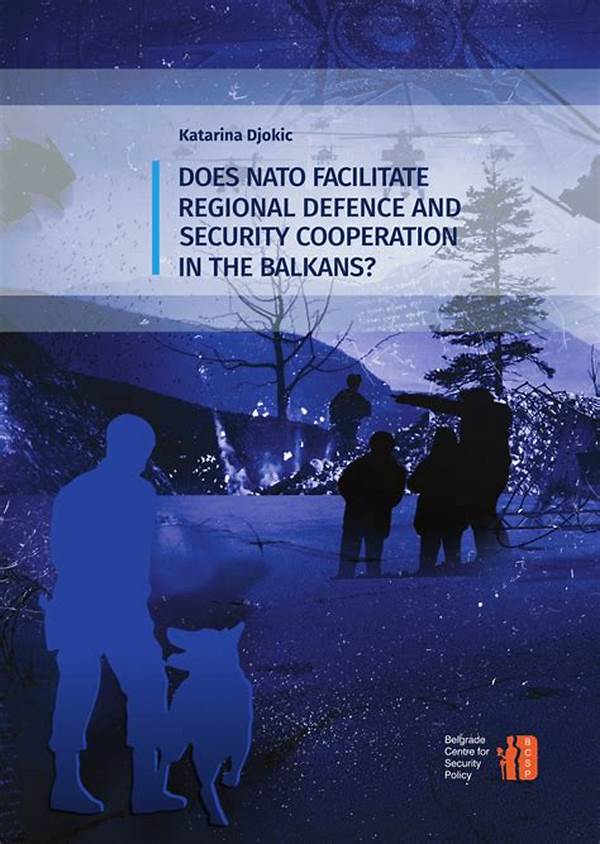The North Atlantic Treaty Organization (NATO) has been a pivotal player in international geopolitics since its inception in 1949. Serving as a political and military alliance, NATO’s influence extends beyond the borders of its member countries. Its impact on regional defense policies is profound, affecting both its members and non-member states. This article seeks to explore the multifaceted influence of NATO on regional defense policies, examining its strategic importance and the adjustments nations make in response to its presence.
NATO’s Impact on Military Strategy
NATO’s strategic doctrines play a significant role in shaping regional defense policies. As an alliance committed to collective defense, NATO establishes a framework that influences the military strategies of member states. Countries within the alliance often align their defense policies to meet NATO’s standards, ensuring interoperability and operational synergy. For non-member states, the influence of NATO on regional defense policies can lead to strategic adjustments, either to align with NATO’s norms or to counterbalance its military posture. Consequently, NATO’s comprehensive military strategies not only enhance collective security but also redefine regional security dynamics. This adaptation often involves modernizing military capabilities, revising defense budgets, and participating in joint exercises, thereby strengthening overall regional stability.
Regional Security Architecture
The influence of NATO on regional defense policies extends to the security architecture of various regions. Its presence necessitates adjustments in defense postures by nearby states, fostering a security environment that emphasizes deterrence and cooperation. By promoting advanced military collaboration, NATO ensures that its strategic influence contributes positively to regional defense frameworks.
NATO and Defense Expenditures
Regional defense expenditures are significantly influenced by NATO’s policies. Member states are encouraged to meet the alliance’s recommended defense spending targets, resulting in increased military investments. Such financial commitments impact regional defense strategies, compelling nations to prioritize resource allocation to align with NATO’s defense objectives.
Influence through Partnership Programs
NATO’s influence on regional defense policies is also evident through its partnership programs. By engaging non-member states through initiatives like the Partnership for Peace, NATO extends its strategic framework globally. These partnerships foster military cooperation, knowledge exchange, and capacity building, thereby enhancing regional security infrastructures.
Geopolitical Considerations
The influence of NATO on regional defense policies is shaped by geopolitical considerations. As NATO expands its strategic influence, countries often reevaluate their defense policies to account for shifting power dynamics. This reexamination can lead to new alliances and strategic partnerships, as states seek to position themselves advantageously within the regional security landscape influenced by NATO.
Technological Integration
NATO’s emphasis on technological advancement influences regional defense strategies. Member nations, encouraged to adopt cutting-edge technologies, often invest in modernization programs. This technological integration enhances operational effectiveness, ensuring that regional defense policies remain robust and responsive to evolving security challenges. Non-member states might similarly innovate to align their capabilities with those of NATO.
Summary of NATO’s Influence on Regional Defense Policies
In summary, the influence of NATO on regional defense policies is extensive and multifaceted. Through collective defense principles, partnership programs, and emphasis on technological advancement, NATO reshapes regional security architectures. The alliance’s strategic presence compels nations to realign their military strategies, fostering stability and cooperation. Furthermore, NATO’s influence on regional defense policies extends beyond mere military aspects, encompassing financial, geopolitical, and technological dimensions, contributing to a comprehensive security environment. This enduring impact underscores NATO’s pivotal role in shaping the defense postures of nations across the globe, affirming its status as a cornerstone of international security alliances.





